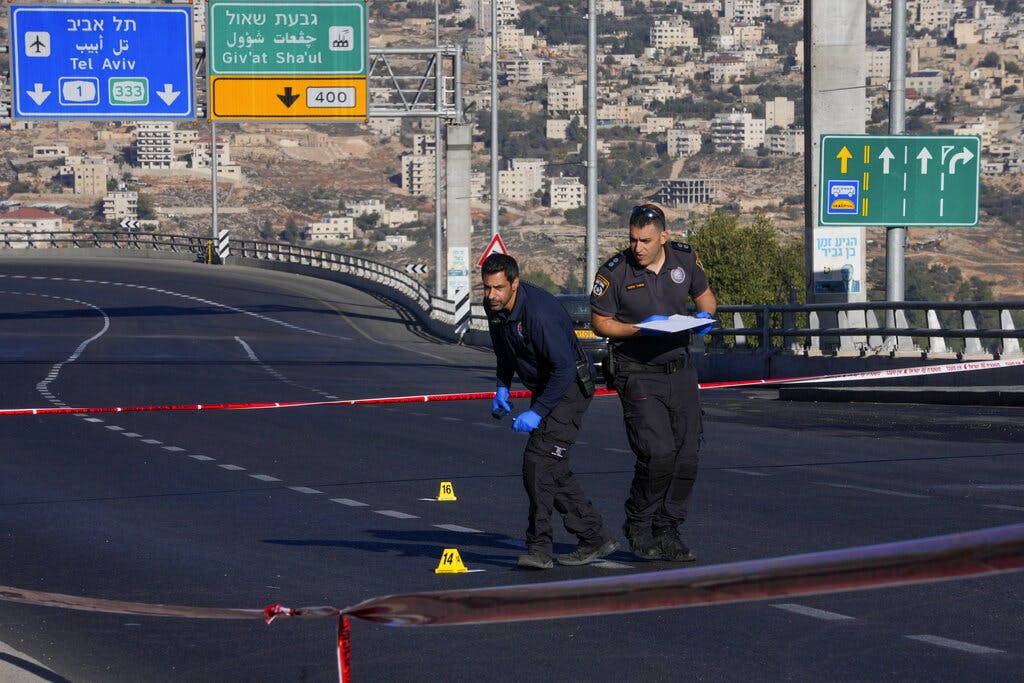Palestinian Arab Territories Emerging as a Powder Keg Set To Explode
Two remote-controlled bombs signal a new phase in Arab violence aimed against Israel.

The Palestinian Arab territories, facing the decline of the Palestinian Authority, the rise of a new Israeli government, and a young generation unfamiliar with the horrors of an all-out war, are a powder keg waiting to explode.
Please check your email.
A verification code has been sent to
Didn't get a code? Click to resend.
To continue reading, please select:
Enter your email to read for FREE
Get 1 FREE article
Join the Sun for a PENNY A DAY
$0.01/day for 60 days
Cancel anytime
100% ad free experience
Unlimited article and commenting access
Full annual dues ($120) billed after 60 days

